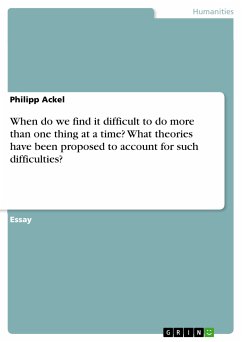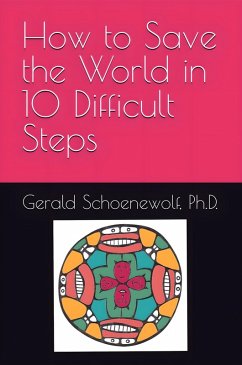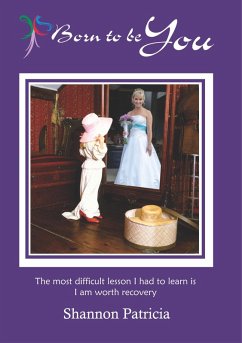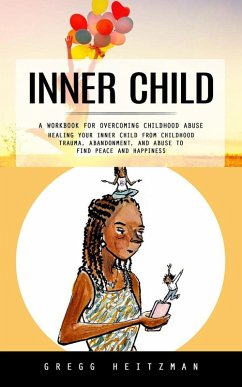
When do we find it difficult to do more than one thing at a time? What theories have been proposed to account for such difficulties? (eBook, ePUB)

PAYBACK Punkte
0 °P sammeln!
Essay from the year 2004 in the subject Psychology - General, grade: 67% = 2:1, University of Nottingham (School of Psychology), language: English, abstract: In some situations humans can do two things at the same time quite easily, for example writing an essay and listening to an album. In other cases attempting to do two tasks simultaneously will lead to serious disruption of both tasks, for example writing an essay and talking on the phone. Evidence suggests that the amount of disruption experienced when we try to do two things at once depends upon the similarity and difficulty of the tasks...
Essay from the year 2004 in the subject Psychology - General, grade: 67% = 2:1, University of Nottingham (School of Psychology), language: English, abstract: In some situations humans can do two things at the same time quite easily, for example writing an essay and listening to an album. In other cases attempting to do two tasks simultaneously will lead to serious disruption of both tasks, for example writing an essay and talking on the phone. Evidence suggests that the amount of disruption experienced when we try to do two things at once depends upon the similarity and difficulty of the tasks, as well as the amount of practise an individual has of them. Theories that attempt to account for such difficulties have to specify the level at which a limitation occurs, i.e. input (perception), output (action), or some intermediate stage of information processing. Relevant theories include Single Channel theories (E.g. Broadbent, 1958), Central Capacity based theories such as Kahnman (1973), Modality Specific theories (E.g. Wickens, 1984), and Baddeley and Hitch's (1974) Working Memory theory, which involves both a Central Executive and Modality Specific subsystems.
Dieser Download kann aus rechtlichen Gründen nur mit Rechnungsadresse in A, B, BG, CY, CZ, D, DK, EW, E, FIN, F, GR, HR, H, IRL, I, LT, L, LR, M, NL, PL, P, R, S, SLO, SK ausgeliefert werden.













